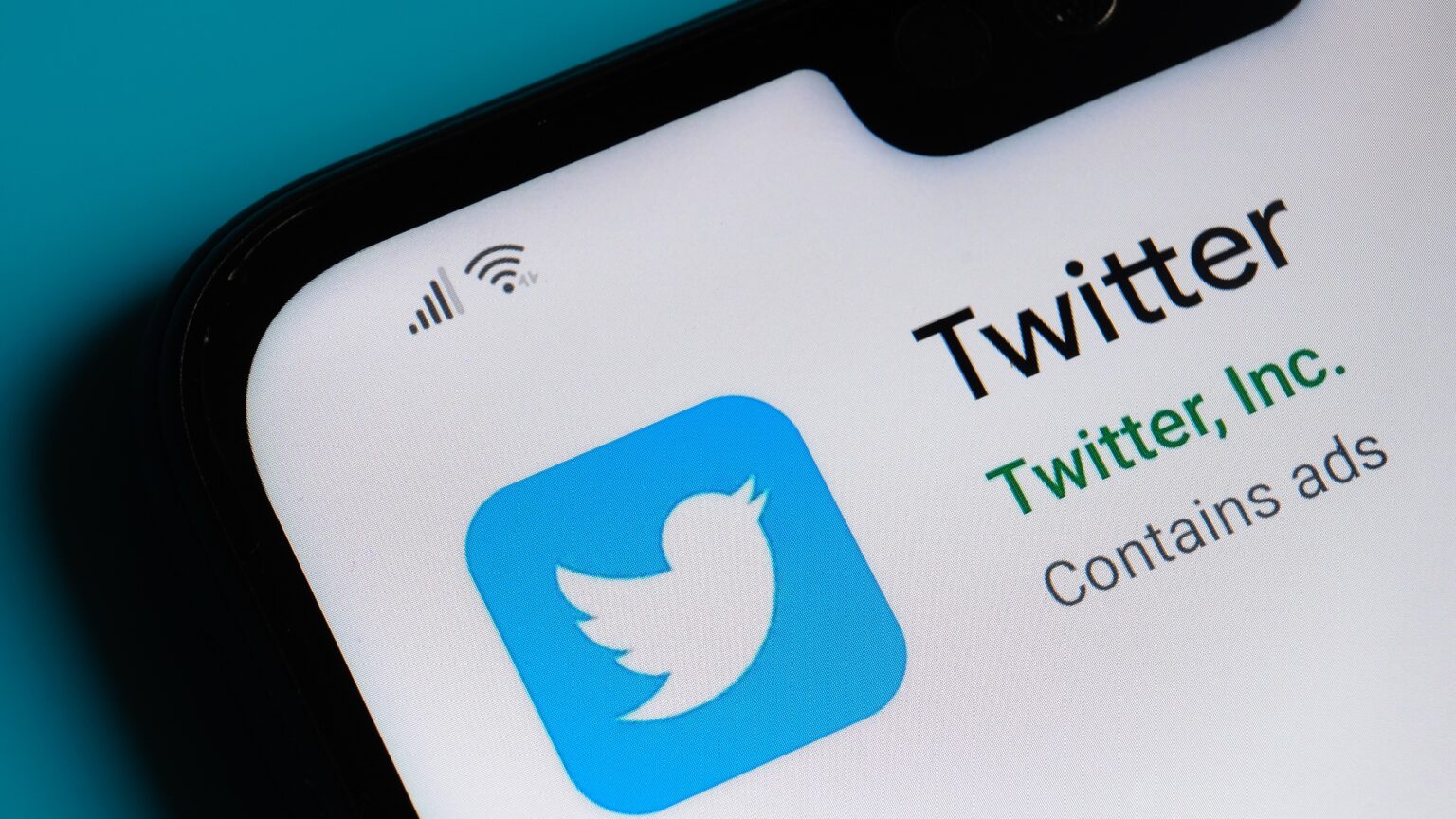Apple and the European Union Commission, some of the world’s largest advertisers, have taken a firm stand in an unprecedented move that signals a growing intolerance for hate speech. Consequently, they’ve suspended their advertising campaigns on Elon Musk’s social media platform, X, formerly known as Twitter.
This significant step highlights the intensifying concern over the platform’s handling of antisemitic content and the owner’s contentious tweets.
Apple revokes all ads on X, joining IBM, Lionsgate and EU Commission after Elon Musk comes out as “anti-Semitic.”
Follow: @AFpost pic.twitter.com/1CoAeEdlr6
— AF Post (@AFpost) November 17, 2023
Corporate Firms Draw the Line
The decision to halt advertising on X came as a direct response to a disturbing uptick in problematic content, primarily antisemitic in nature. Significant brands like IBM were among the first to react, withdrawing their advertisements after reports emerged of their ads appearing adjacent to pro-Nazi and antisemitic material.
$DIS Disney is the latest company to halt advertising on the X platform after Elon Musk post that suggested antisemitic support.
I have a feeling this is going to be a trickle down effect and more will join in this weekend.
— Lion Vest (@LionVestGroup) November 17, 2023
This move set off a chain reaction in the corporate world, with Apple, Oracle, NBCUniversal, Comcast, Disney, Lionsgate, and Paramount Global following suit. They suspended or paused their advertising engagements, signaling a broader industry revolt against the platform’s perceived lax content moderation policies.
Musk’s tweets fuel controversy
Amidst this corporate exodus, Elon Musk’s tweets have only escalated the situation. His tweets, which many understood as embracing antisemitic conspiracy theories, drew considerable censure. High-profile opponents, including the White House and the Anti-Defamation League, have expressed their concerns, showing increasing dissatisfaction with Musk’s leadership and attitude toward content control on X.
Linda Yaccarino, X’s CEO, has been at the forefront, trying to mitigate the fallout by reiterating the platform’s stance against discrimination and hate speech. Yet Musk’s contradictory tweets have muddled these efforts, raising serious questions about the platform’s direction and commitment to maintaining a safe and respectful online environment.
This is X demonstrating its absolute commitment to combating antisemitism on the platform. This open dialogue was truly historic.https://t.co/muW4ANFc7y
— Linda Yaccarino (@lindayaX) September 29, 2023
The Ripple Effect Across Social Media
The repercussions of this advertising pullback extend beyond X. In a decisive move, the European Commission has halted all advertising on social media platforms amid rising concerns over the surge in disinformation and hate speech. This broader action reflects a growing global consciousness and a collective push for more accountable and responsible social media platforms.
Similarly, TikTok, another social media giant, has faced scrutiny. The platform recently removed content related to Osama bin Laden after a backlash over videos under the hashtag #lettertoamerica, highlighting the ongoing challenges of content moderation in the digital age.
Musk’s Legal Offensive
In response to the escalating situation and the potential threat to the platform’s revenue streams, Elon Musk has announced plans for a lawsuit against Media Matters and other media groups. This legal action, described as a ‘thermonuclear lawsuit,’ aims to defend X’s stance on freedom of speech and challenge what Musk perceives as a fraudulent attack on the platform by these groups.
The split second court opens on Monday, X Corp will be filing a thermonuclear lawsuit against Media Matters and ALL those who colluded in this fraudulent attack on our company pic.twitter.com/55vl7PspaQ
— Elon Musk (@elonmusk) November 18, 2023
The lawsuit is seen as a confrontation with activist organizations and traditional media establishments that Musk believes are trying to curtail freedom of expression on X. This bold legal move underscores the tension between X’s commitment to free speech and the platform’s responsibility to regulate harmful or hateful content.
A Turning Point for Social Media Ethics
This mass advertising withdrawal from X is pivotal in the ongoing social media content moderation debate. As major companies and social media platforms grapple with balancing free expression and responsible content curation, the actions of industry leaders like Musk and the reactions from global advertisers are poised to shape the future dynamics of social media and corporate responsibility.
The unfolding scenario at X is more than just a content moderation crisis since it reflects society’s evolving expectations for digital platforms. As the line between free speech and hate speech becomes increasingly blurred, the responsibility of platforms like X to foster safe online communities while respecting diverse viewpoints has never been more critical.









 and then
and then